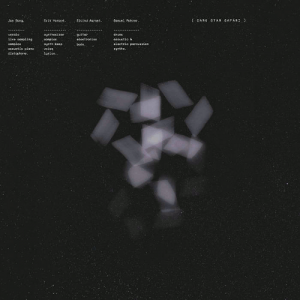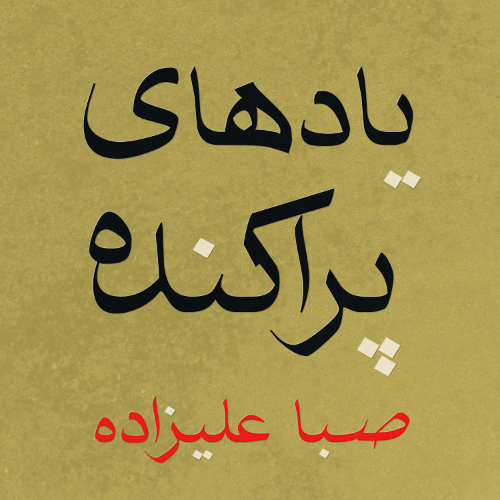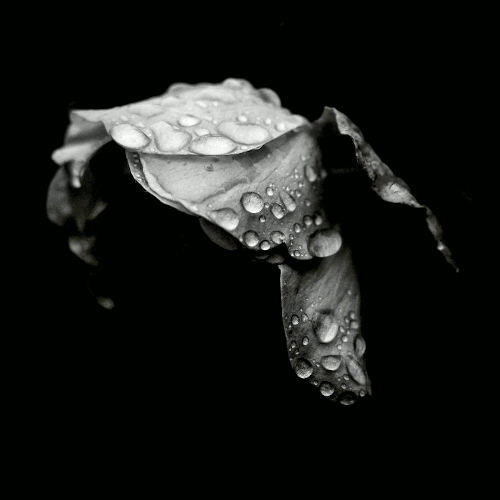Arjuna Music
 Dark Star Safari
Dark Star Safari is a collaboration between four doyens of the Scandinavian music scene bringing together
Samuel Rohrer,
Eyvind Aarset,
Jan Bang and
Erik Honoré. Their self-titled LP finds four kindred spirits looking for a way to push music into even newer directions, trying to find a new language amongst the remains of everything that has gone before.
Using improvisation as a basis, the initial sessions that formed the bones of the tracks here were then taken as a template and worked on further, the files being mailed backwards and forwards until all were satisfied by the outcome. Once finished, Jan decided that what would really finish the pieces off was some vocal lines and they really are the icing on the cake, because it transpires that he has the most angelic and compelling of voices that brings to mind
Scott Walker or, more fittingly, long-time collaborator
David Sylvian.
The album starts with the most subtle and ghost-like of electronic meditations, haunting the spaces around the vocals that are wistful and somehow beyond feeling, as if he has discovered a new realm of meaning from which he is some kind of emissary. The music that the four produce is an exploration of the space around the notes and textures as much as it is about the notes themselves. A steady beat is introduced on “Resilient Star”, giving the piece more structure; but the wisps of electronic sound that gather seem to dissipate as soon as you are able to focus on them, reforming elsewhere in a subtly different way. There is
a scree of manipulated feedback which adds a physical jolt and a darker air that suits the lyrics “the sea changed when the disease came”, though the apocalyptic vision is somehow tempered by the sublime delivery.
The pieces are very evocative, and it is extraordinary what the quartet can accomplish with such sparse ingredients. The haunting guitar scrapes and hushed drums of “Child Of Folly” keep a leaden tempo just about alive as Jan’s vocals take a deeper and darker turn, while the calming drone of “Thoughts And Prayers” is worried and nagged at by the chittering electronics. The voice, though, remains unruffled and beyond any influence that the sounds that they conjure can bring. It all gradually
drifts away, like storm-clouds moving into the distance as the light reappears around us. “Your Father’s Names” is a spoken-word piece that changes the vibe slightly, bringing the vocals down to earth, but still distant and observant. Here you can feel the presence of all four players as they somehow input their own slant with the faintest of gestures.
Some of the pieces are a little more forceful, with the shuffling rhythm of “Mordechai” propelling the song gently in conjunction with bass and what sounds like marimba, while the rudderless “November’s Child”, with its inferred scrapes and blunt strums, confuses any silence with unexpected blasts that are unsettling for us, though not for Jan, whose resilient voice continues unmoved. The noticeable lyric from the tranquil “White Rose” is “music is harder in the future”, and I can’t help but ponder over that thought. This quartet feels as though it has taken it upon itself to take music entirely out of what we would recognise as the Western tradition, to strip it down to emotion and feeling, relying on their intuition as to what works best and pursuing that unfailingly. It is a thing of great vision and also great beauty. You would be wise to snap it up quick.
-Mr Olivetti-
 Dark Star Safari is a collaboration between four doyens of the Scandinavian music scene bringing together Samuel Rohrer, Eyvind Aarset, Jan Bang and Erik Honoré. Their self-titled LP finds four kindred spirits looking for a way to push music into even newer directions, trying to find a new language amongst the remains of everything that has gone before.
Dark Star Safari is a collaboration between four doyens of the Scandinavian music scene bringing together Samuel Rohrer, Eyvind Aarset, Jan Bang and Erik Honoré. Their self-titled LP finds four kindred spirits looking for a way to push music into even newer directions, trying to find a new language amongst the remains of everything that has gone before.


